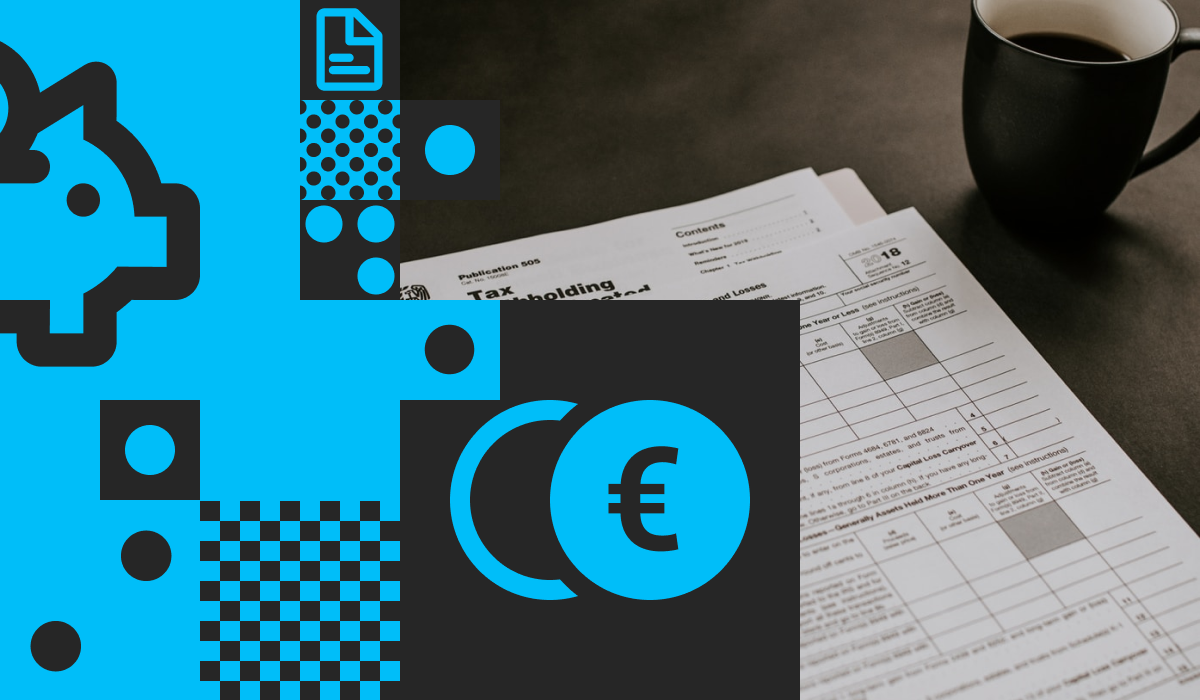
Here are a few interesting facts about taxes that I’ve discovered while creating the tax models for over 30 countries, which are used on our website.
Tax models differ significantly from one country to another. There could be several levels of taxation, different regions of the country could have different tax models, and sometimes there is a unique logic behind it. Some are just plain unusual. Examples?
- Andorra - an income tax was introduced in 2015. Yep, just a few years ago. Until then it was a European tax haven.
- Vienna, Austria - companies pay a fixed fee to the public transport authority to keep the annual ticket prices low - as low as €1 per day.
- Belgium - a communal tax system. Communas are very small - Brussels have 19 of them and each one pays a different percentage, varying between 0% to 9%.
- Belgium - there is a special surcharge that is called crisis surtax to fund the backwash of 2008 crisis.
- Belgium - there is a special surcharge called secret commissions. It’s applied when the beneficiary is not properly identified.
- Czech Republic - extra 7% tax for people who earn more than average - over 130,000 Kč per month.
- Denmark — special 8% tax to support the labour market.
- Finland — residents use 75% of income from dividends as a base for income tax.
- Finland — a self-employed person can choose the amount to declare for pension contributions.
- French — special 3% tax for a person with income over €250,000 per year.
- French — there are social contributions on dividends.
- Georgia — has a special tax regime for IT companies and entrepreneurs which helps reduce taxes to 1%-5%.
- Germany — there is a unique formula to calculate the tax percentage.
- Germany — solidarity surcharge for the reunion of the country at 5.5% of paid taxes.
- Greece — solidarity contribution for people with income over a certain level. It has several levels from 2.2% to up to €20k/year; and 10% for over €220k/year.
- Italy — different regions have different taxes. It may be a flat rate, fixed or tax brackets.
- Latvia — has a special tax regime for small companies which makes taxes extremely simple to read.
- Luxembourg — has 22 tax brackets. I guess it’s a world record.
- Netherlands — special tax regime for higher paid employees which reduces tax base by 30%.
- Portugal — special reduced tax regime for sole-traders who make up to €200k per year. This allows you to pay taxes on only 75% of your income.
- Spain — each employer should pay 0,6% of income with some limits to occupational training.
- Switzerland — each canton has a completely different tax model. How big is the difference? Between Geneva and Zürich the difference is similar to the difference between Germany and France.
This isn't a complete list. I've missed a lot of information that doesn’t relate to freelancers, like a special tax regime for non-habitual residents of Portugal.
